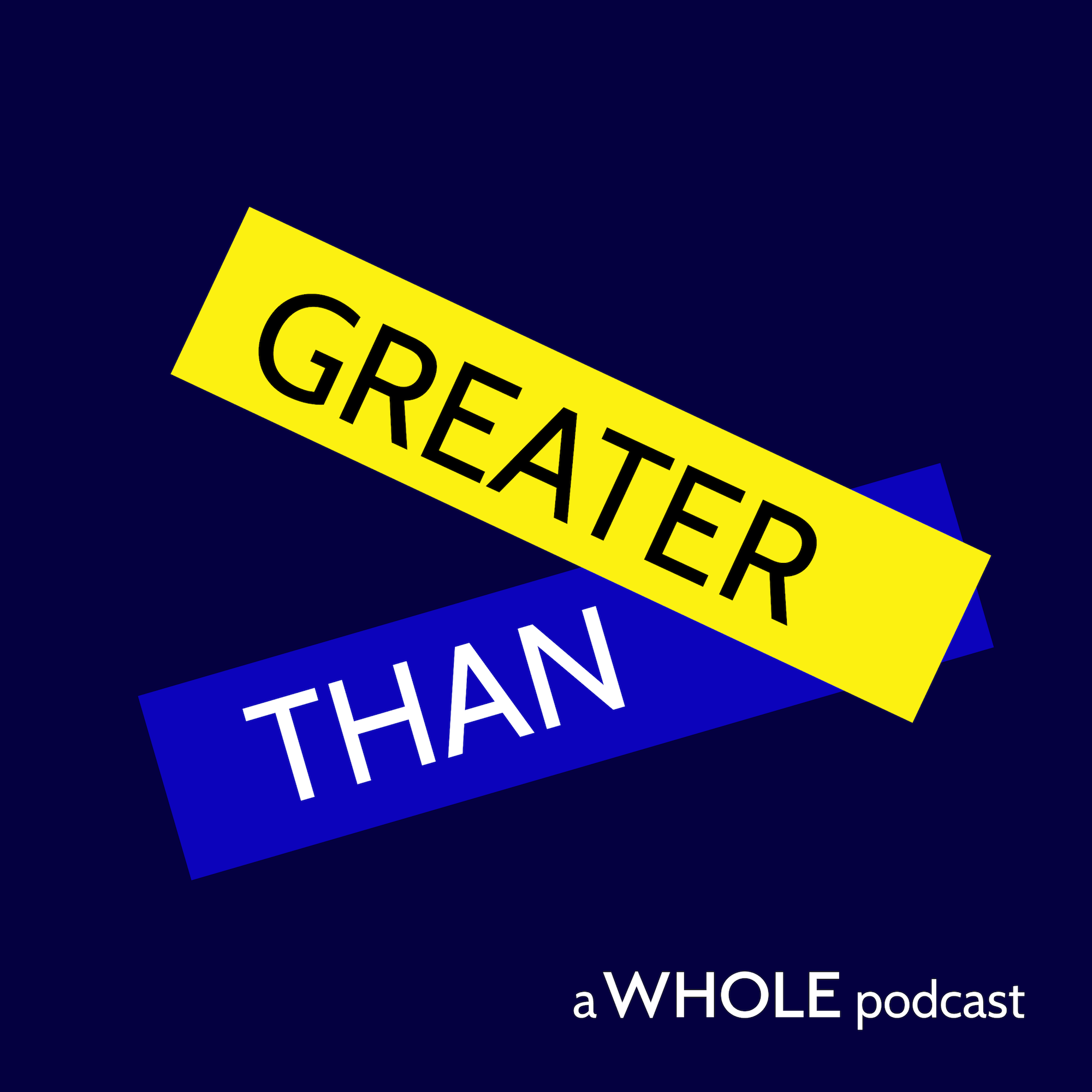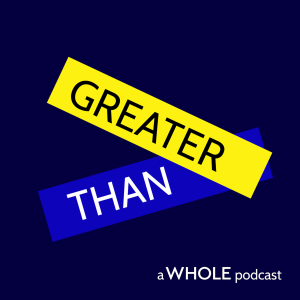
821
Downloads
10
Episodes
The impacts of our businesses are often greater than the sum of our intentions. At a time when expectations of businesses are evolving, the HOW of business is more important than ever. In these episodes, Host Lauren Sinreich talks with business leaders about methodologies that uncover power dynamics, new ways of identifying effective metrics, creating the conditions for achieving more rather than just doing more, the most critical skills organizations need moving forward, how values are now a competitive advantage, and a range of other topics that guide entrepreneurs and intrapreneurs as we create the world around us through our businesses.
Episodes

Thursday Dec 03, 2020
Thursday Dec 03, 2020
Emily Schildt is the founder of Pop Up Grocer, a traveling pop up grocery store that lies at the intersection of exhibit, retail store and grocer. She's also a brand communications and marketing consultant, and previously was the director of digital engagement at Chobani in its early days. Recognized as an innovator in the retail space, AdWeek named Pop Up Grocer "Best Pop-Up" in its first annual retail awards . In this episode we talk about:
- How her experience as a brand communications and marketing consultant informed her strategy for Pop Up Grocer, and why she forewent market research and created a brand that was what she wanted to see in the world.
- How she created an experiential company at the intersection of exhibit, retail and grocer with a business model that aligns more with being a media company than a retail company.
- Why it's critical to educate and communicate thoroughly when doing something very different and innovative.
- The challenges and complexity introduced by looking for traditional marketing metrics when moving commerce into experience that is both geographically specific and online, and how Emily differentiates indicators of performance from sales.
- Why its companies' responsibilities to support causes in line with their values or the times and how there are many ways of doing that beyond just monetary support.
- Why curation and trust is important in the attention economy.
References and resources:
- Pop Up Grocer
- Company of One by Paul Jarvis
- Body of Work: Finding the Thread That Ties Your Story Together by Pamela Slimm
- The Subtle Art of Not Giving a Fuck by Mark Manson
- Table Manners with Jessie Ware
Select highlights:
- "Especially when you think about the current time we are living in and how that might affect peoples shopping habits, I think they definitely want to make decisions that are grounded in values and missions and interests and activism of the company, so that's something we certainly think about in our product selection."
- "You dont know from a tomato jam on shelf that it's black owned, or that its growing its tomatoes through specific harvesting; it's up to us to relay that story and ensure the person visiting our space understands the reasoning behind our selection. Also, that's what distinguishes us in this discovery space from a traditional grocery store or retail space, is that generally speaking you dont have an opportunity to get a sense of that contextual information."
- "I think in terms of sustainability, I think people care about that and want to care about that, but they care about other things first: what something says about them and their own identity. To have something be cool first and foremost and then if it just happens to house all these things that are sustainable, for example, it benefits everyone, because I think its a much stronger motivator than just wanting to do better for yourself or the environment."
- "I felt every food company when approaching how to create its brand was hanging its hat on the fact that they source their ingredients responsibly and they're 100% clean and non-GMO. Those are stock standard things that people expect. What else is interesting about you? I approach our brand in the same way."
- "If you sell things that's a total bonus, but what we're offering you is exposure and visibility. And just like any form of advertisement, newsletter podcast influencer, access to our audience of early adopters and other influential people comes at a cost. And its a pretty insignificant cost." (Of the PUG business proposition and market value)
- "In the forming of my career and me as a professional woman, I learned at Chobani for example, that giving back should just be ingrained in your business model... I think its the responsibility of businesses. When I was developing our business model, that was a part from day one."
- (On the move to e-commerce) "If everything wasn't happening as it is, I think we probably would have waited longer, and it would be much more sophisticated and robust. Like everything I think I've done, you just start. You just start somewhere, and you let it evolve, and grow with it."
- "Similar to our physical spaces, the opportunity with e-commerce is to translate that discovery experience. To really surprise and delight and bring a sense of joy and happiness, especially right now to people in their homes."

No comments yet. Be the first to say something!